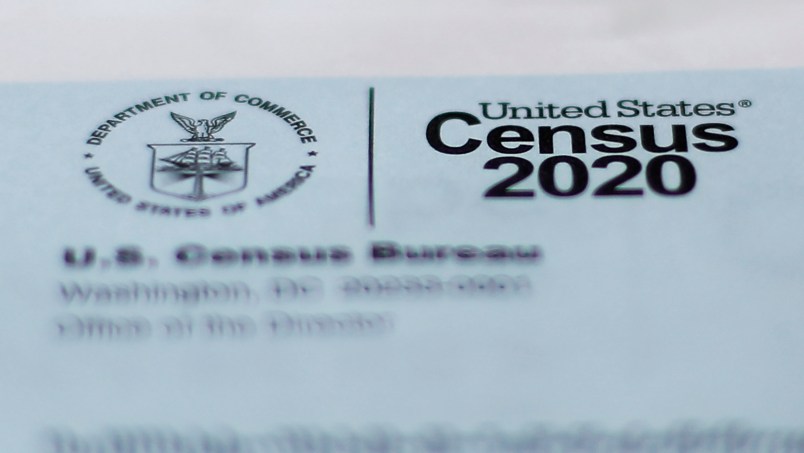American Statical Association president Rob Santos has been picked by President Biden to lead the Census Bureau. The ASA played a prominent role in monitoring the success of the 2020 census amid President Trump’s efforts to hijack the survey for political ends.
If confirmed by the Senate, Santos will be the agency’s first Latino director, NPR reported. He will fill the vacancy created by the Jan. 20 departure of Trump’s appointed director, Steve Dillingham, who left amid the Trump-era controversies when he still had nearly a year left of his term.
Santos will have the opportunity to be reappointed for another term when the current five-year term for bureau director ends in December, according to NPR.
As the ASA head, Santos helped coordinate the outside census stakeholder community’s response to Trump’s political maneuverings, which included flip-flopping on whether to give the bureau extra time to finish the 2020 count after the pandemic delayed its launch.
The statistical society convened a task force that is reviewing the survey for the quality of the data it collected.
In an interview with TPM in January, Santos said that the pandemic-related disruptions and the Trump administration’s political interference posed “equally dire” threats to the count. The Biden administration has reversed several Trump policies that sought to manipulate the census data in a way that would undermine the political power of immigrant communities.
The bureau is in the final stretch of processing of 2020 state population counts that will determine how many congressional seats each state gets; release of that data is expected later this month. The bureau has said that the final redistricting data will not be delivered until September — six months behind the usual schedule — in a delay that is causing logistical issues for state map-drawing and election timelines.
A big challenge that Santos, if confirmed, will face as the head of the bureau is the controversy over the privacy tool — known as differential privacy — that it plans to use to protect the confidentiality of census respondents. Some outside census data users fear that the tool will inject a degree of inaccuracy into the data that will undermine its quality. The bureau also faces a lawsuit challenging the use of the tool.
Meanwhile, even as the 2020 survey is not yet fully behind the bureau, planning is already underway for the 2030 count.



